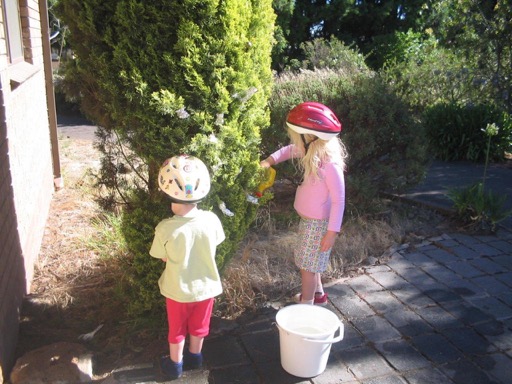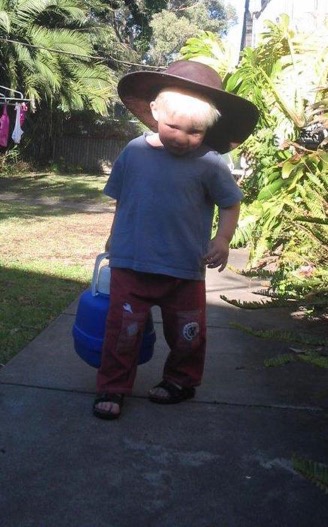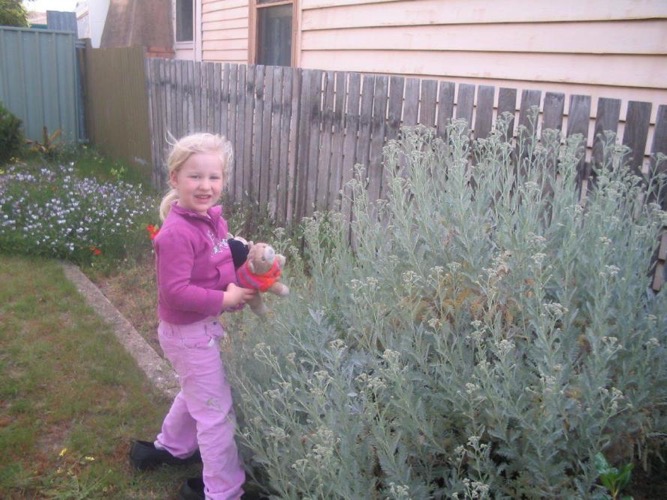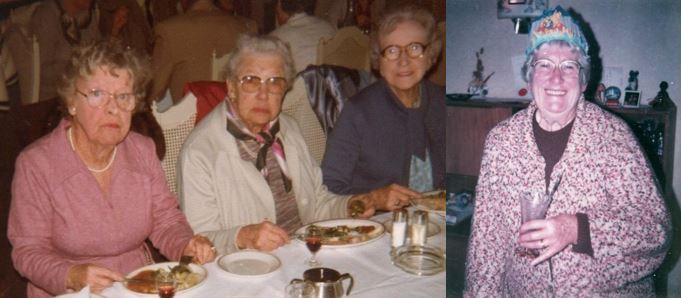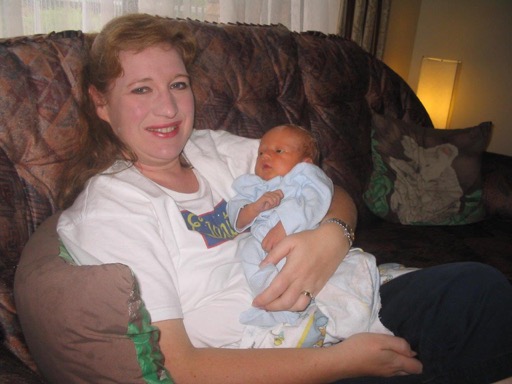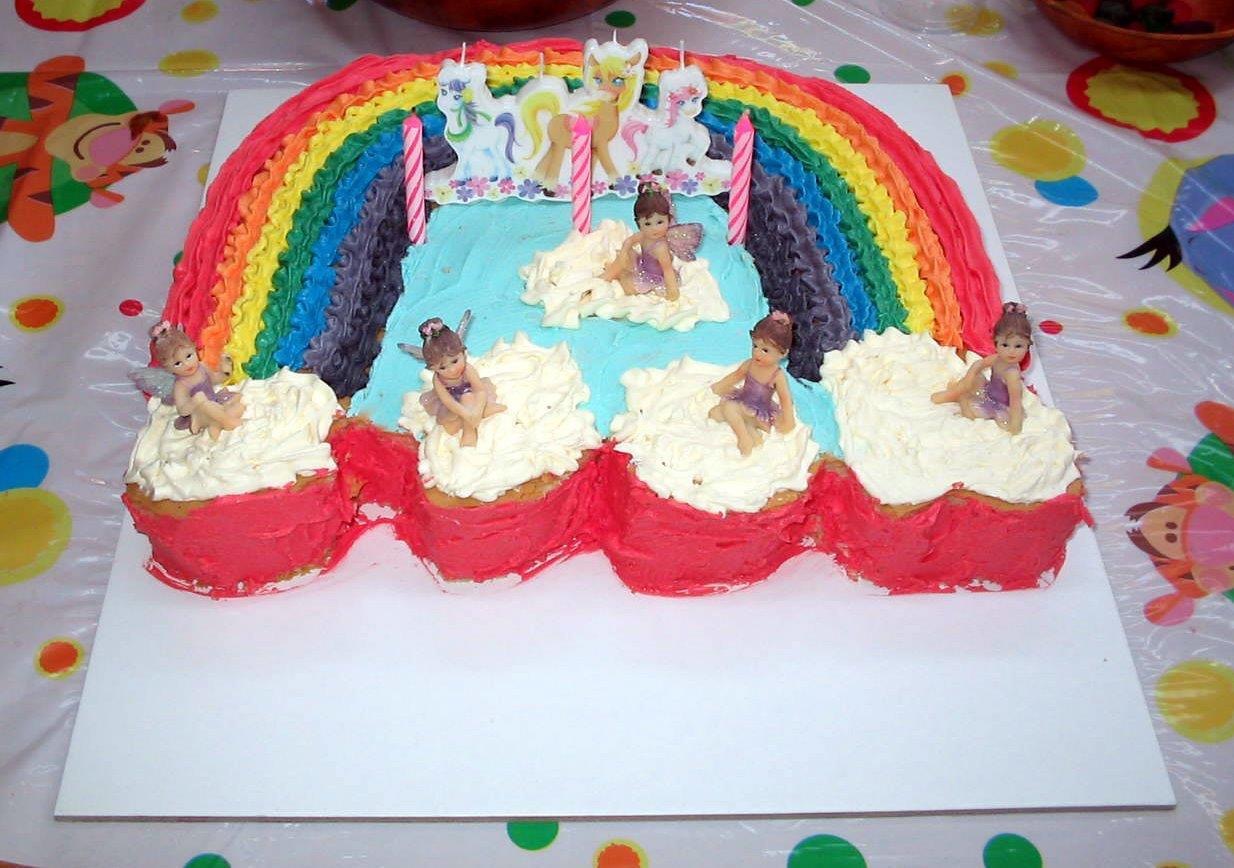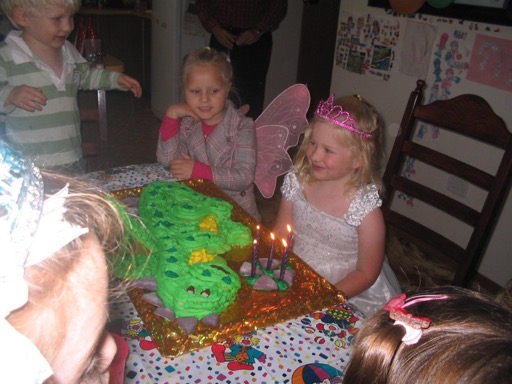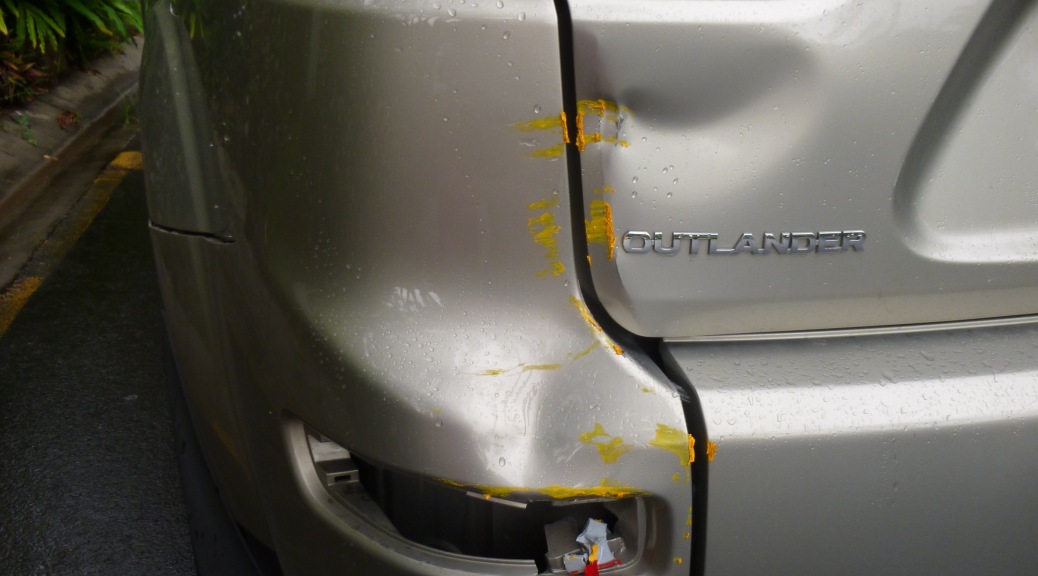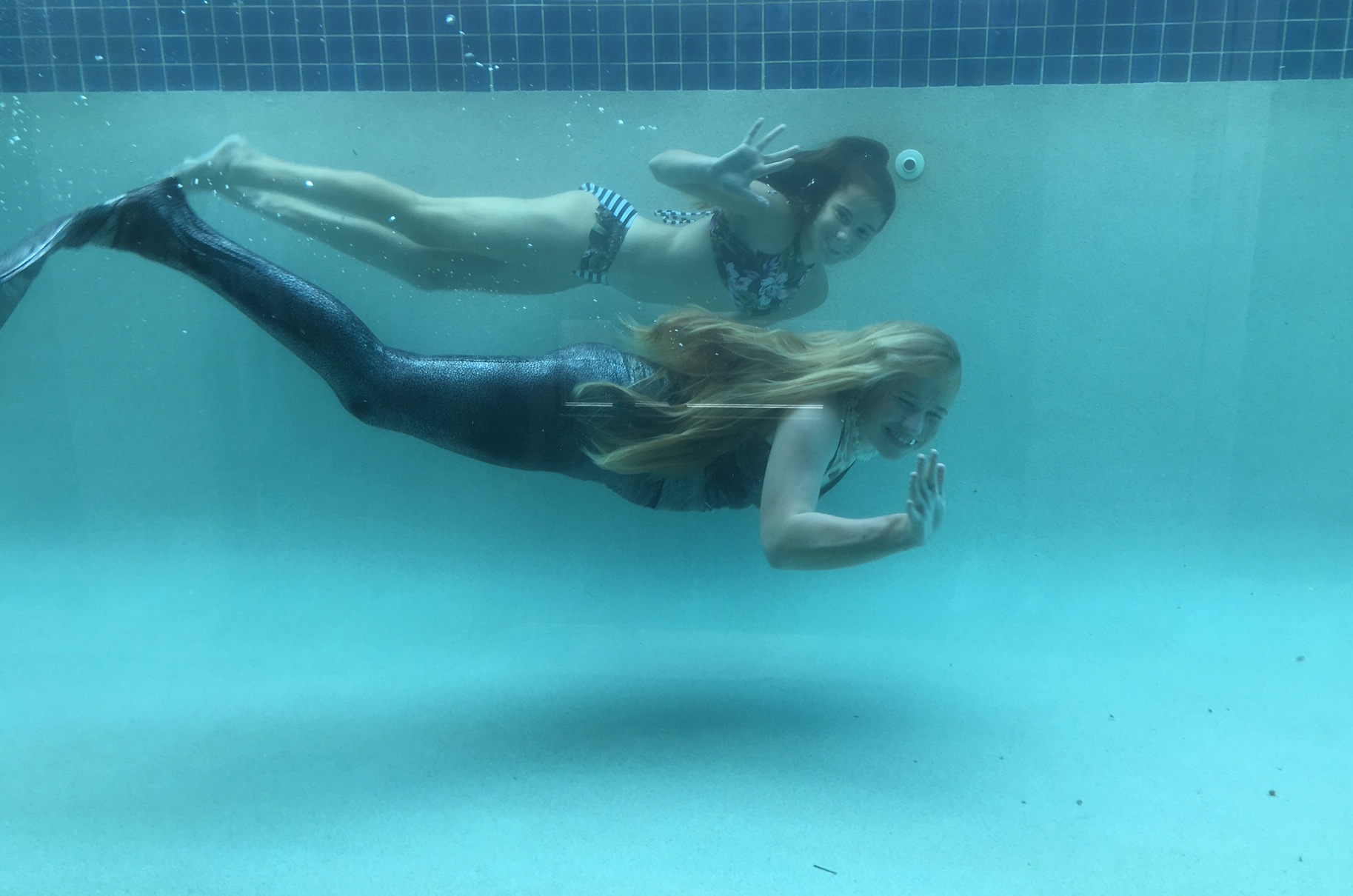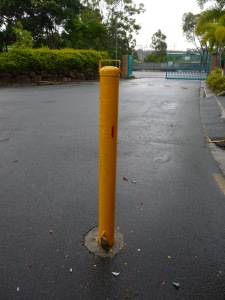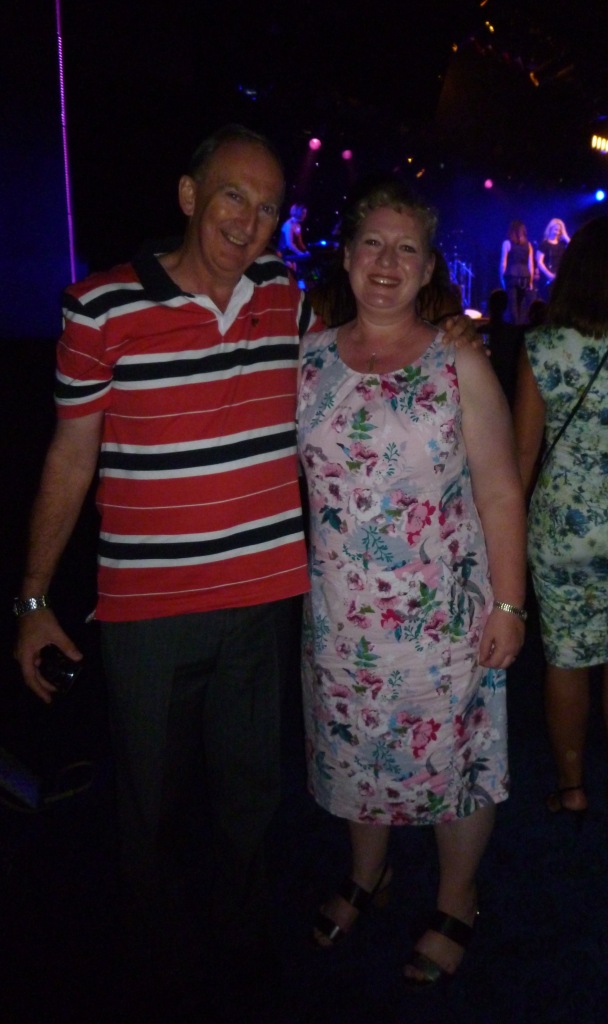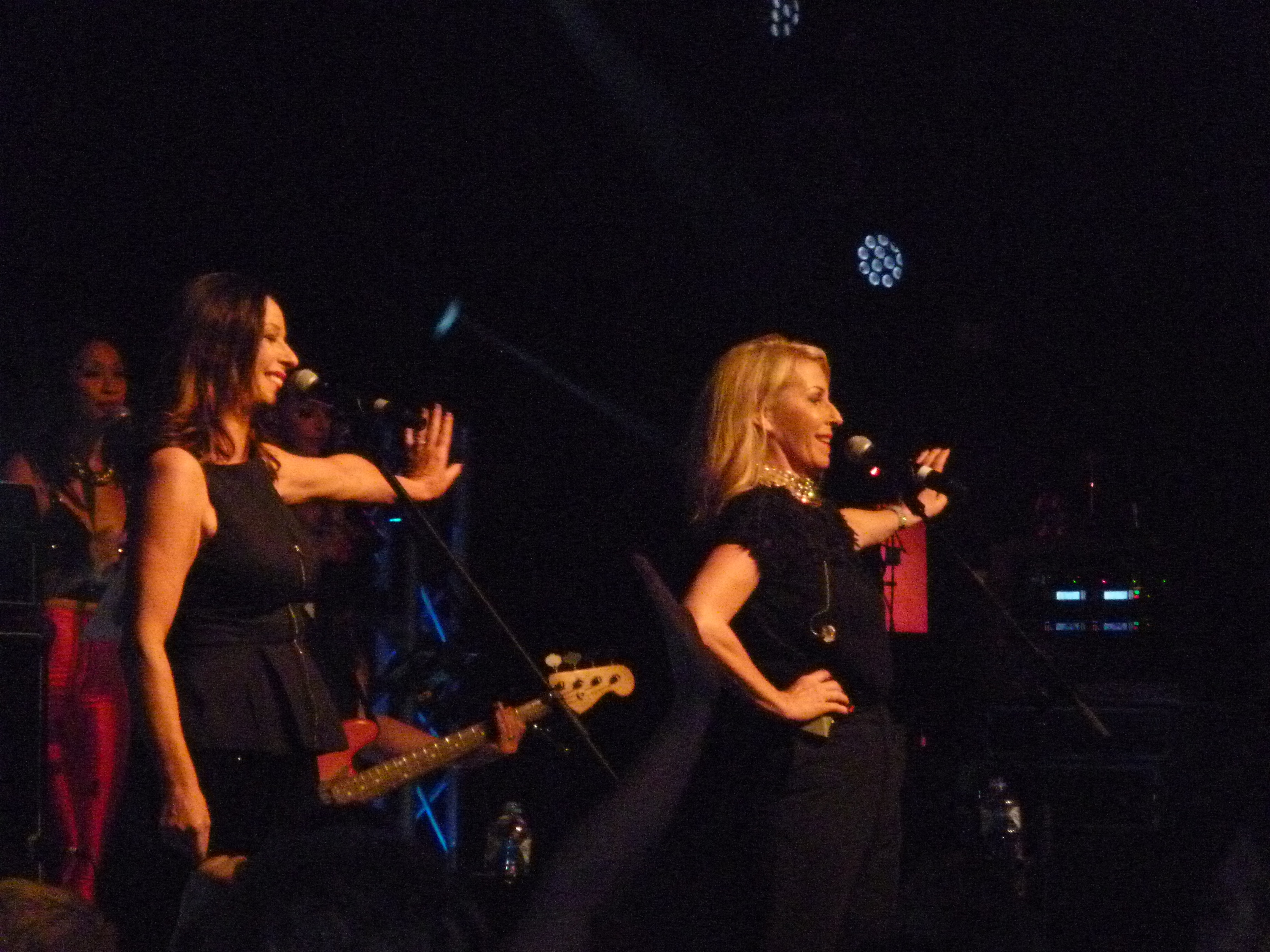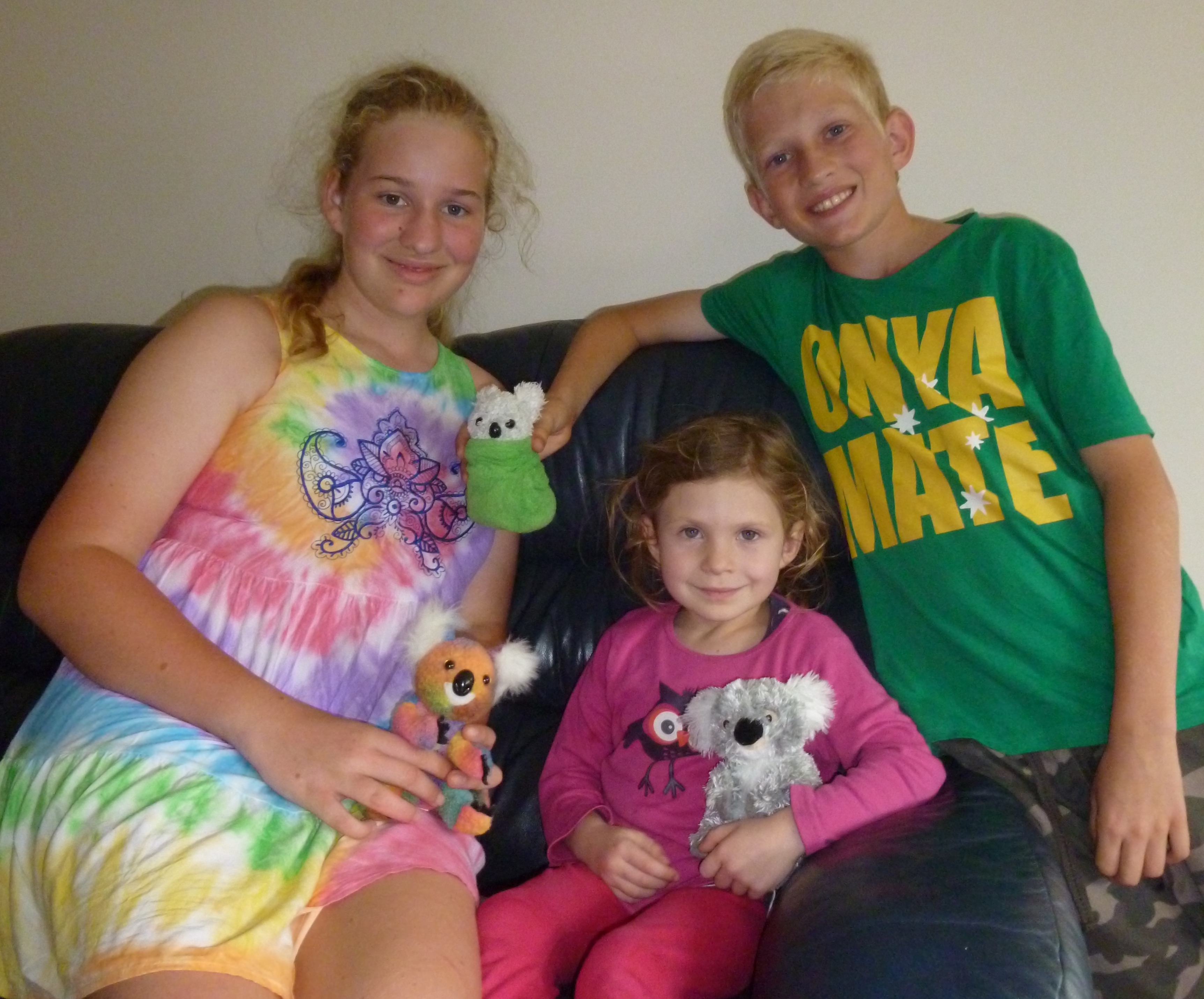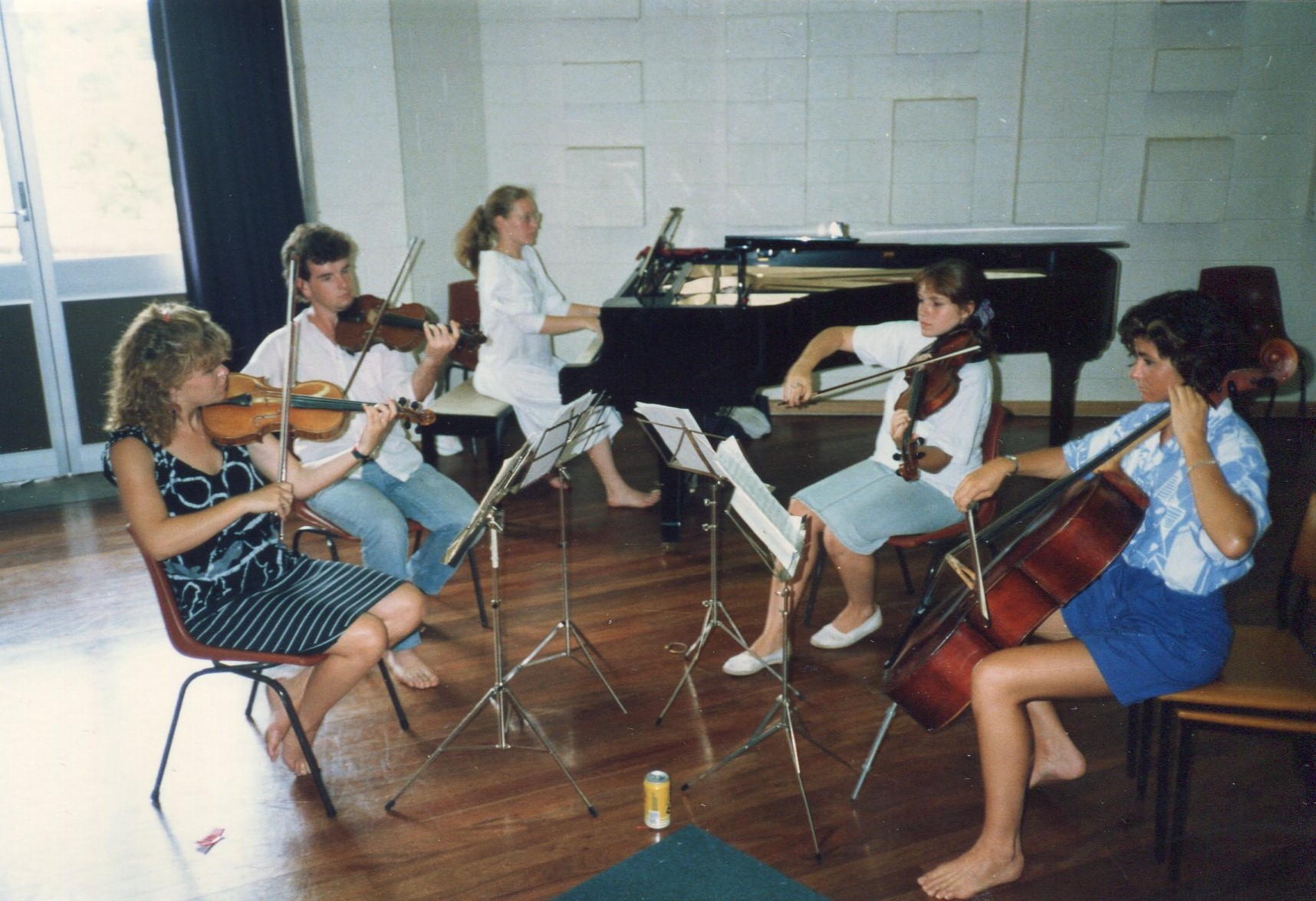“It has pleased almighty God to call into his presence, Stacey Bartsch, concert pianist and accompanist, Professor of Music, Associate of the Royal Academy of Music, sister of Jillianne Stoll and Kylie Guthrig, sister-in-law, aunt, wife to Federico and mother to Matilda. Baptized into Christ, she trusted in Jesus. Her tears are gone and her sorrows have been turned into joy. We pray that God will comfort those who grieve her departure with the sure and certain hope for the resurrection of the dead. Christ is risen!”
Thus, the traditional expression of the passing away of a faithful member of The Lutheran Church.
To all who attended her funeral in Graz, Austria, this July, you celebrated and farewelled Stacey as one of those descriptions – and more. Pianist. Accompanist. Professor. Associate. Colleague. Teacher. Student. Friend.
And even more are mourning her, in their own way, at various locations around the world.
Each of you have your own connection to her. Your own relationship. Your own memories. Your own things you will miss about her, now that she is no longer with us.
But for only two people in the world, she was not only all these things, but uniquely one thing. Our little sister.

As three violinist sisters, we were an easy go-to for “The Adelaide Advertiser” newspaper when they wanted a photograph to illustrate an upcoming musical event. In 1975 we three were captured in our downstairs Music Room in an image headlined: “Now Take Note of Stacey”. We were posed, Jill on the right, Kylie on the left, not looking into the Camera but focussed on a ragged piece of music on the stand in the centre. And in between, violin held in perfect posture, with her left wrist back and her right-hand little finger poised just-so on the silver screw of the bow, looking every inch the professional, was Stacey. She was just three years old.
With 7 years between oldest and youngest, Stacey, from the day of her birth, grew up in a musical house. Jill started learning piano at 6, and then, around age 8, the violin.
When our parents asked toddler Stacey what she would like for her 3rd birthday, rather than the typical toy or game she firmly replied “A By Lin”. In the 1970’s in Australia there was not a large demand for fractional sizes of violins, so Dad rather hoped that Stacey would forget about her birthday request. But she was very firm, and Dad managed to source a 1/8 size instrument for this determined little girl who just wanted to keep up with her big sisters. To play something she was too young to even properly pronounce.
It was rather inevitable that of the three of us, Stacey would be the shining star. Our parents had us to practice on with trial and error. Stacey went from learning at Marie Roberts’s “Die Musiker Studio” including from violinist John Russell, straight to Noreen Stokes for piano and Rob Collins for violin. No need to waste time “getting it right” and learn about Music schools and teachers by a gradual process.
We all attended St. John’s Lutheran Primary, an independent school, progressing on to Marryatville High for Secondary School. Belatedly hitting the State System, we discovered various musical activities in the region, supported by Don Dunstan’s Arts-friendly policies. [Donald Allan Dunstan was an Australian politician who served as the 35th premier of South Australia from 1967 to 1968, and again from 1970 to 1979. He was a member of the Australian Labor Party]
The former “Goodwood Orphanage”, near where our Grandma Schrader lived, hosted rehearsals of the combined Secondary Schools Orchestra and combined Primary Schools String Orchestra. Stacey quietly joined the latter, rising to be the Leader of the ensemble under the baton of Stan Closs, despite being technically ineligible (not attending a Public School). She therefore participated in many annual Public Schools Music Festivals in the Adelaide Festival Theatre including later as a Soloist.
This was an example of many things for which people made an exception for Stacey. There was just something special about her that “rules” were overlooked in her favour. Not that she didn’t deserve any of it, but because she did.
As an adult, when Stacey came to visit, she would talk incessantly. Of people. Places. Accomplishments. Like a huge download, sharing the many things she had done and experienced in recent times. In minute detail. It was tiring for all. Many “big names” were dropped and as I listened, in the words of songstress Shania Twain I’d silently think: “That don’t impress me much”.
Not that I wasn’t interested but that I was. In Stacey. As a person. As my little sister. Was she Okay. Fed. Watered. Safe. Loved. All the “big names” she associated with weren’t important to me. She was.
This recitation of the “highlights reel” generally took about a day. Then, suddenly, having got it out of her system, as it were, calm would ensue. We’d go on walks together. Bike rides. Visit cafés. And later when daughter Matilda came too, playgrounds. Beaches. Board games with my kids. And then she’d be gone – the visits always too short, as she seemingly tried to cram so much into her full life.
Some of these stories struck a chord because they encapsulated the crazy things that only Stacey would do. For example, she described her employment as a part-time usherette (around 2000) in London’s Wigmore Hall “so I can hear all that wonderful music for free!” she beamed. From this she volunteered to turn a pianist’s pages (a “page-turner” being a valuable role best played by another pianist), then, having worked her way onto the stage, her eventual performance there as associate artist on piano with renowned tenor Robert Tear.
Stacey would often ask for my “big sister” advice, but rarely took it. Seemingly she needed to make her own mistakes. Sometimes, flying high, she’d singe her wings. Then she’d come back. Back to Family. Who always loved and supported her, even when we had to bite our tongues and think, but not say: “I told you so”.
When Stacey first left Adelaide and studied overseas, every Euro she spent was written down in a small notebook as Stacey tried to stretch her meagre budget as far as she could. At one stage she survived, in student accommodation, only on what she could cook in a small rice cooker, with rice on the bottom and steamed vegetables above.
Stacey was a minimalist before it was a thing.
Stacey was very fluent in German but for many years consulted dentists and doctors when visiting Australia, wary of not understanding medical vocabulary and jargon. When circumstances came together that Federico would be in Chicago while she was pregnant, Stacey was thrilled with the idea of giving birth in an English-speaking environment. “After all,” she mused to me, “it’s good to know when they mean “PUSH.” “
So, daughter Matilda (“We had to find a baby name which would be pronounced correctly in 3 languages”) is an American by birth and a European and Australian by parentage. What a gift to give a child.
Stacey was determined that our Mum Carlein should meet her daughter Matilda. As she had been born near the end of Federico’s tenure, she had a passport issued at only a few weeks old, a little baby who appeared with the camera flash to be caught in headlights. Stacey considered flying directly to Australia with her newborn but decided to head home to Graz instead. Not to rest up, like most people, but in order to take advantage of the American Airline’s greater luggage allowance, so Federico could bring home more books! After a few loads of washing and a repack of the bags, Stacey brought 5-week-old Matilda out to Brisbane to meet her Grandmother Carlein, Aunts and Cousins.

I once asked Stacey what language young Matilda spoke. “English with me, some Italian with Federico, and we didn’t try to teach her German. She picked up German from pre-school, which she speaks with a strong Austrian Dialect” chuckled Stace.
When Matilda was around 3, Stacey brought her out to Australia. When boarding the 2nd plane, little Matilda confided: “Mummy, these people talk just like you”.
Stacey thought at first Matilda meant those with an Australian accent on the flight, but later realised that, as they only had a handful of English-speaking friends who came to the house, Matilda quite likely thought that English was a “private” language spoken only by a select few.
For Stacey the extraordinary was the ordinary. I remember her description of the world-renowned Britain-Pears Festival as if it were an ordinary conference. So much of what she described went right over my head.
There was yet something vulnerable about Stacey. Part of her was seeking validation. Perhaps that is the legacy of being the youngest child, always trotting along on her little legs trying to keep up, but in truth surpassing us all.
In one of the last telephone conversations I had with Stacey, I noted that I saw a lot of our dad, Ken, in her.
Although he had Chronic illness for some years, he had not let his illness define him, but he’d rather put his energies into living, and family. So too with Stacey, not a poster girl for cancer, but dedicated to her work and especially to be there for Matilda and Federico.
She was my little sister and I loved her… So much.
Despite the wonderful things she achieved, she didn’t need to prove anything to me. I’d have loved her and protected her the same, as it’s said: “Whether she was the Queen of England or the Dustman”.
And Stace?
You do impress me.
Very Very Much.

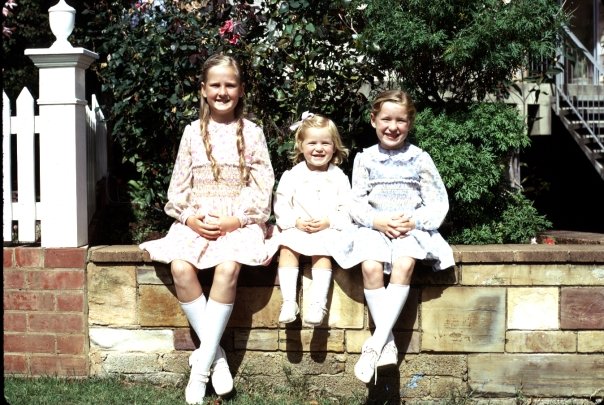




 One by one, friendships were picked up and even some quite personal things confided (for example I heard the sad tale of some departed horses in the first half hour). Now, far from being depressing, I actually felt quite honoured, that after this length of time, my girlfriend would still feel the strength of connection to share things of importance to her.
One by one, friendships were picked up and even some quite personal things confided (for example I heard the sad tale of some departed horses in the first half hour). Now, far from being depressing, I actually felt quite honoured, that after this length of time, my girlfriend would still feel the strength of connection to share things of importance to her.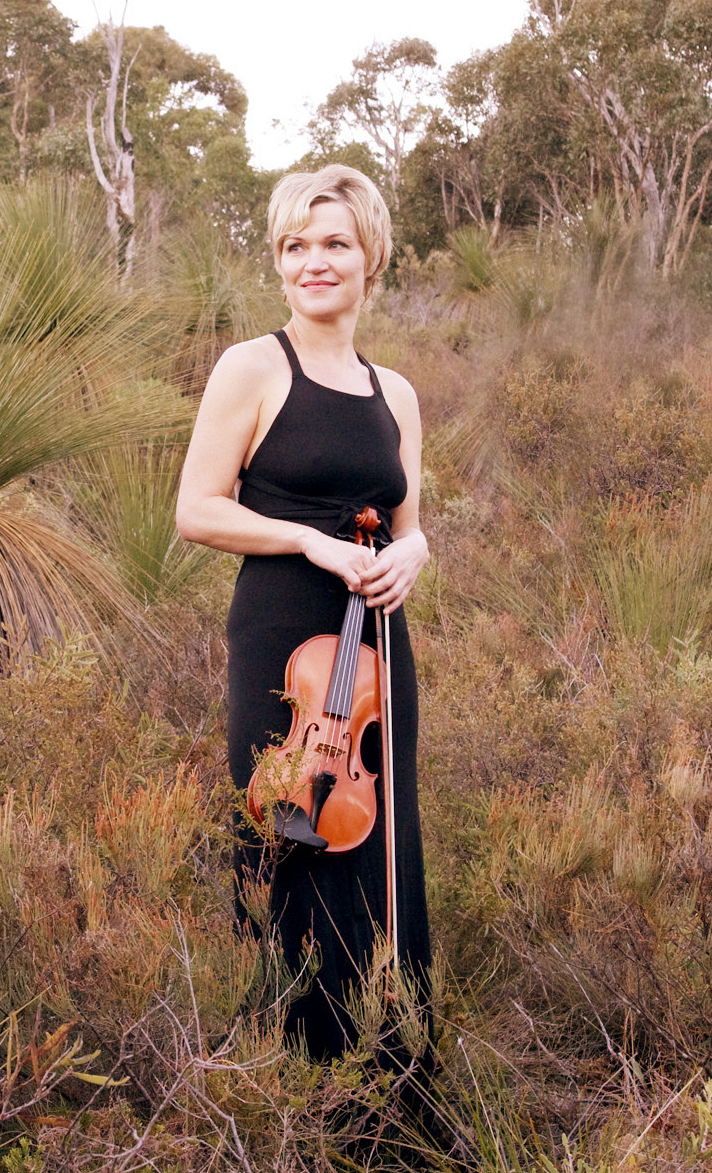
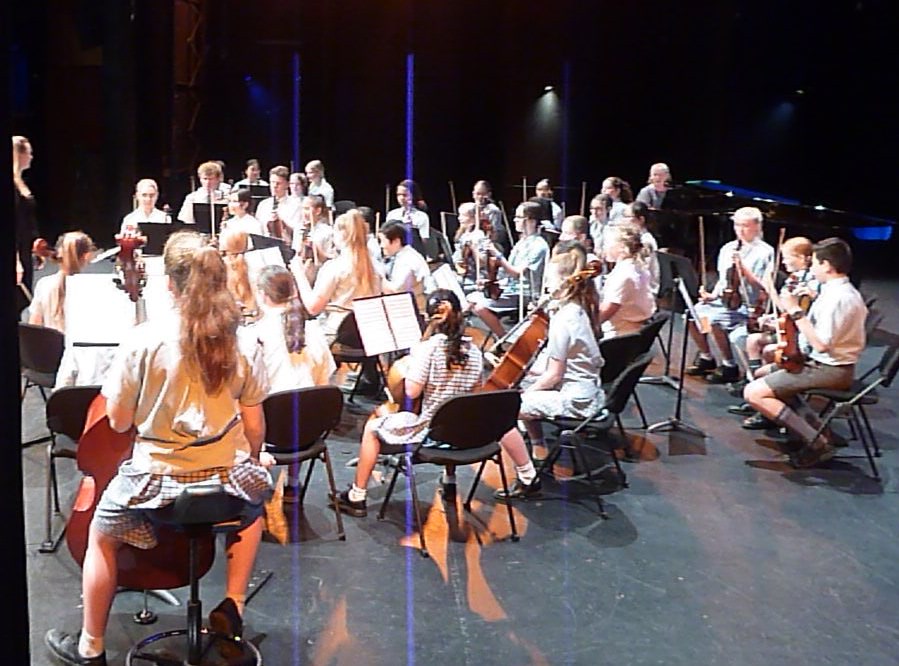




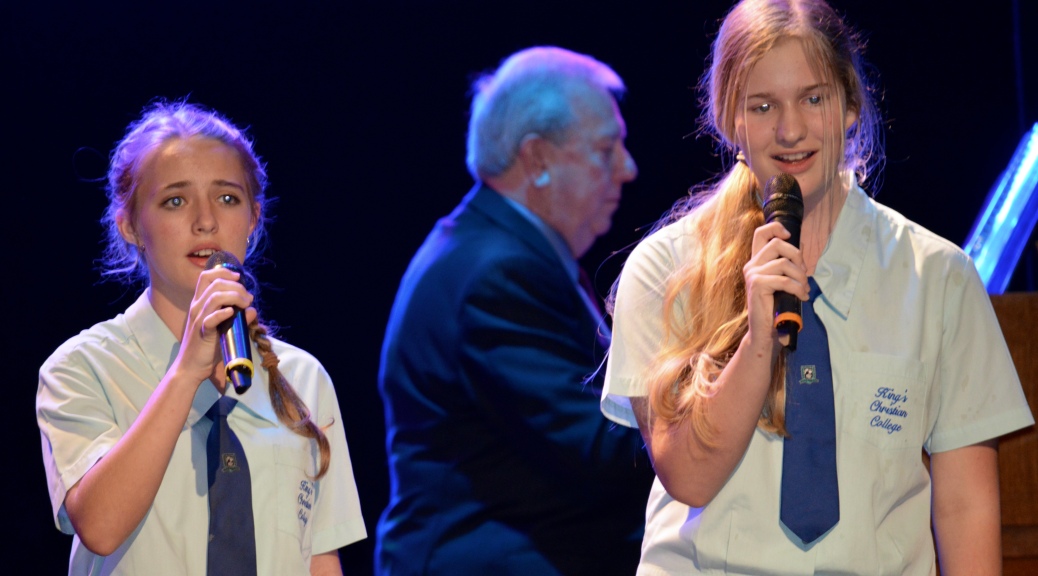

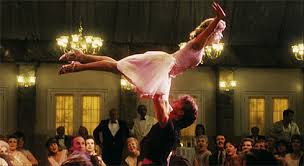
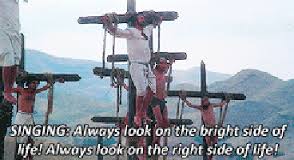
 It would be seen as quite old-fashioned now, I’m sure, with its dated language and somewhat quaint concepts. The story of an orphaned missionary’s daughter trying to find something to be “glad about” in everyday life, even when things were tough, and attempting to spread that concept amongst those in her community.
It would be seen as quite old-fashioned now, I’m sure, with its dated language and somewhat quaint concepts. The story of an orphaned missionary’s daughter trying to find something to be “glad about” in everyday life, even when things were tough, and attempting to spread that concept amongst those in her community.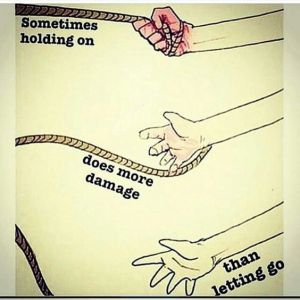




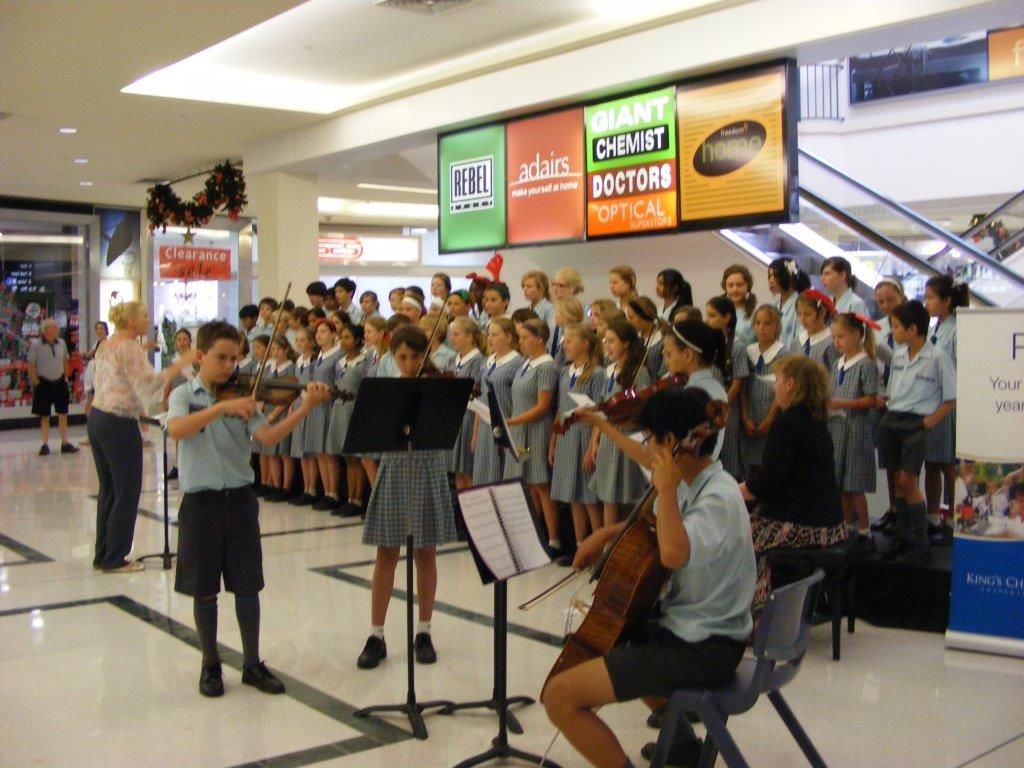
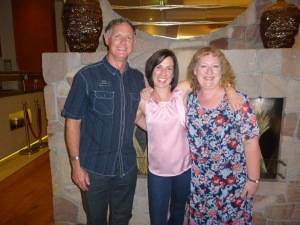

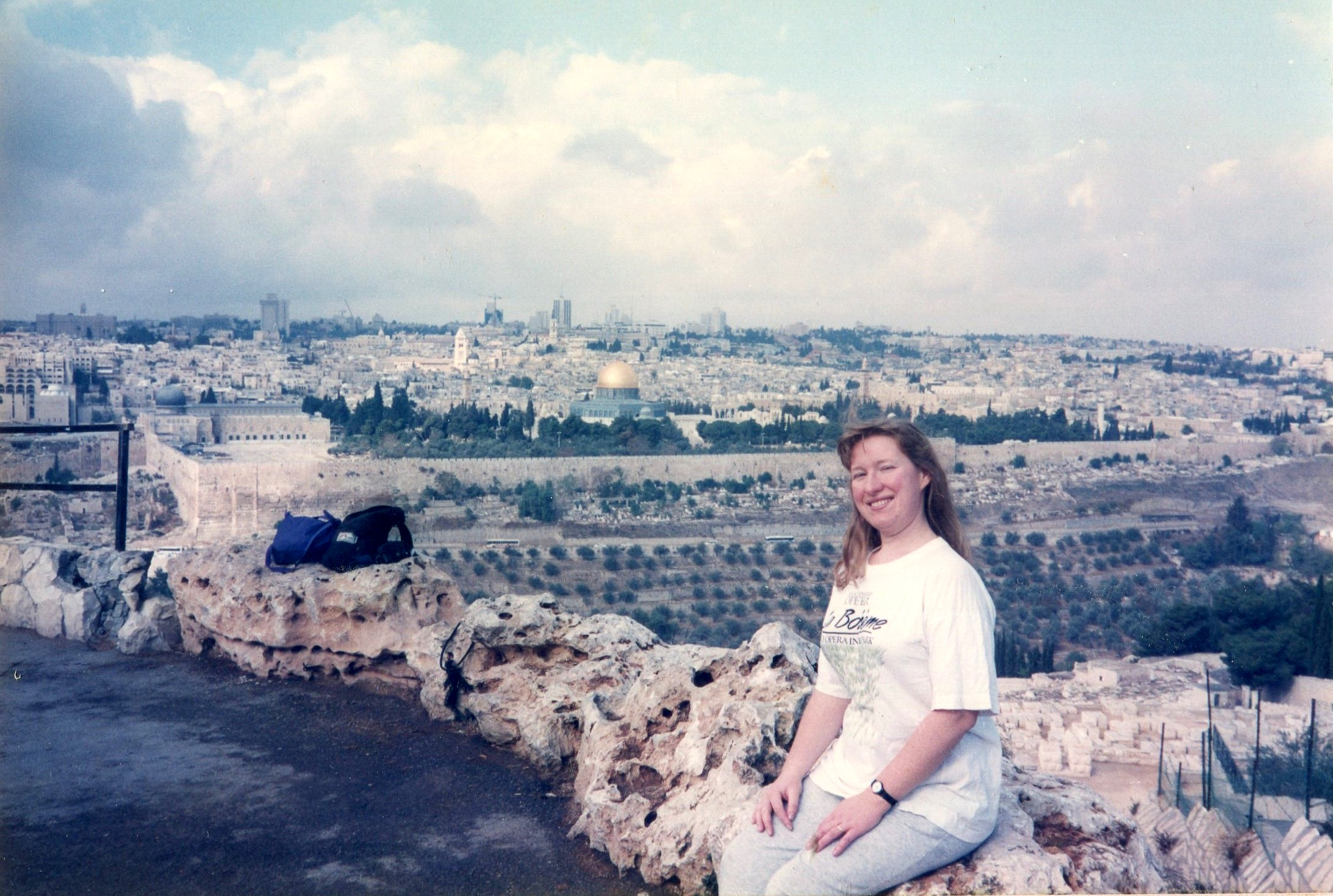
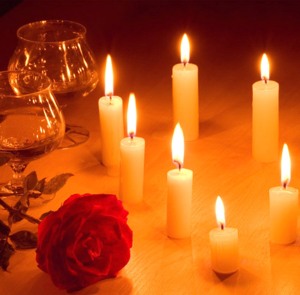
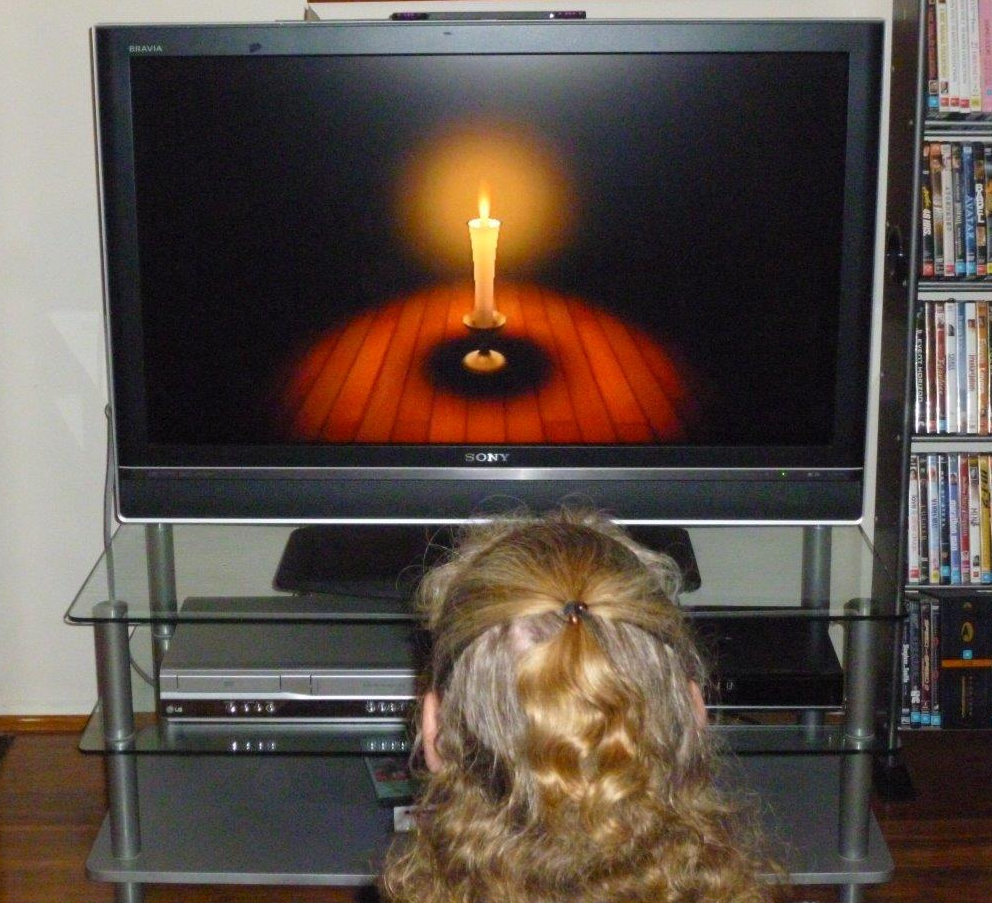


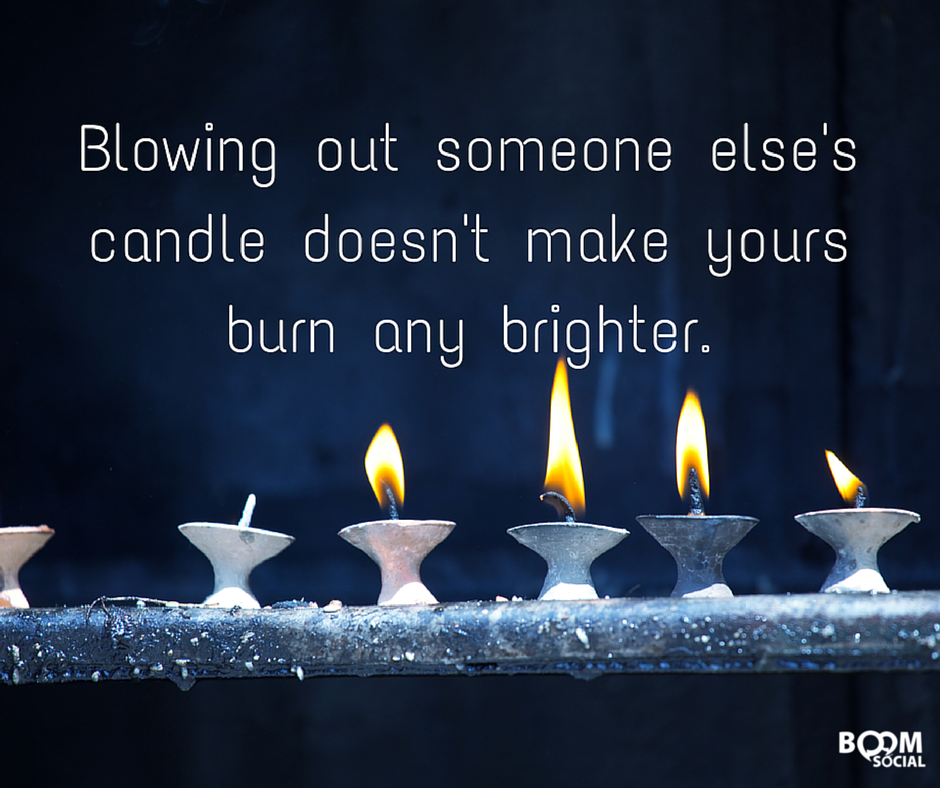
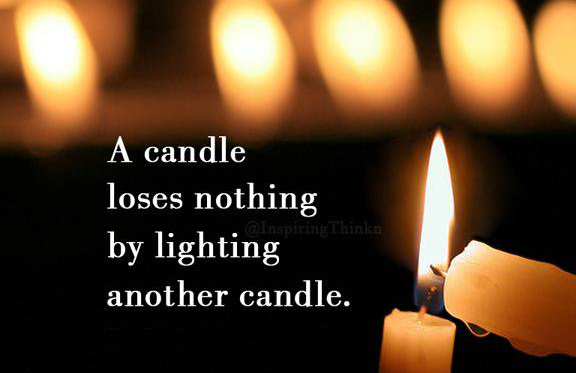


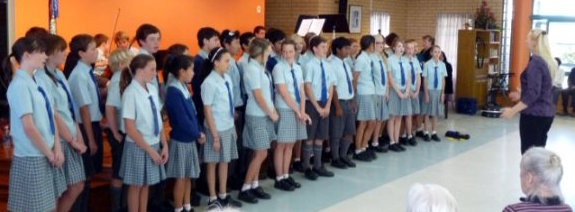

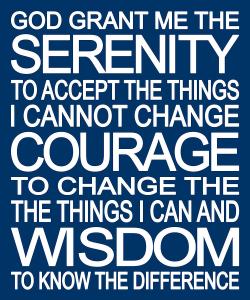
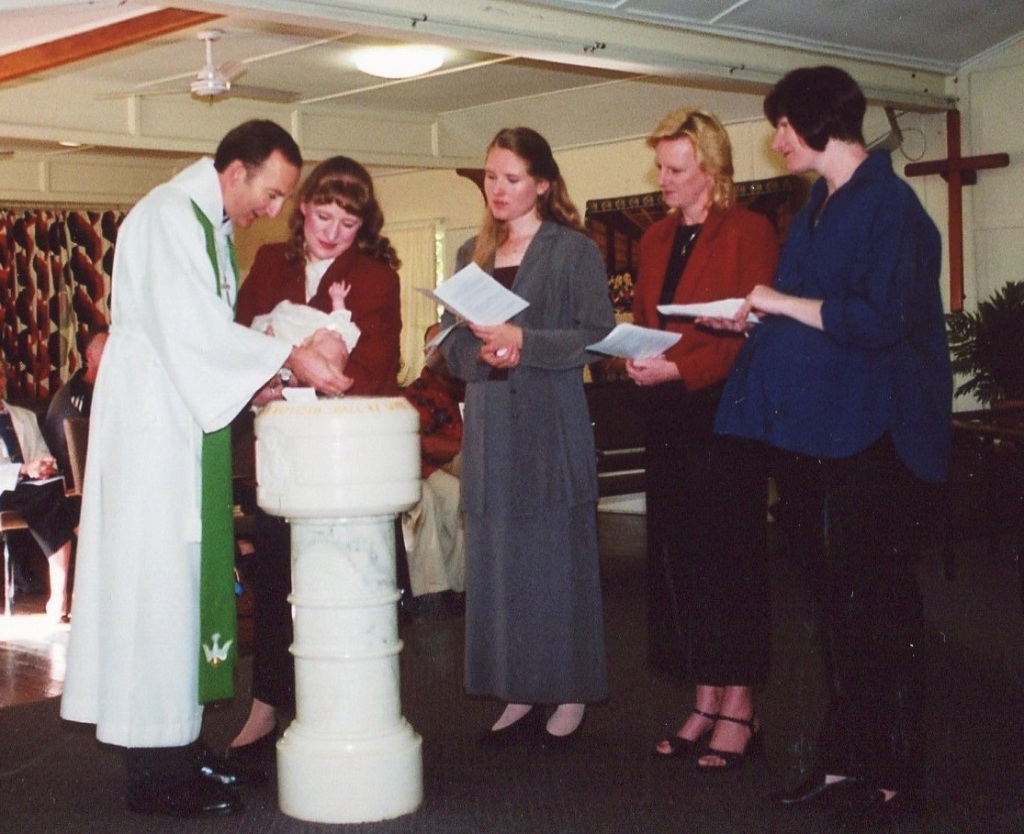
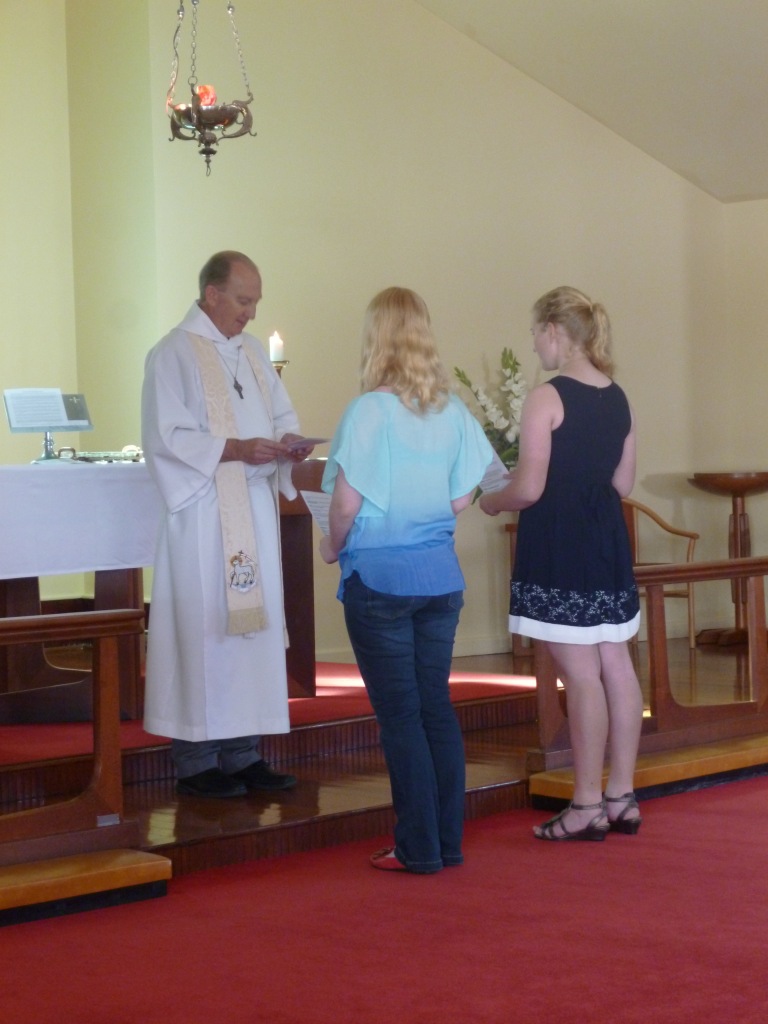
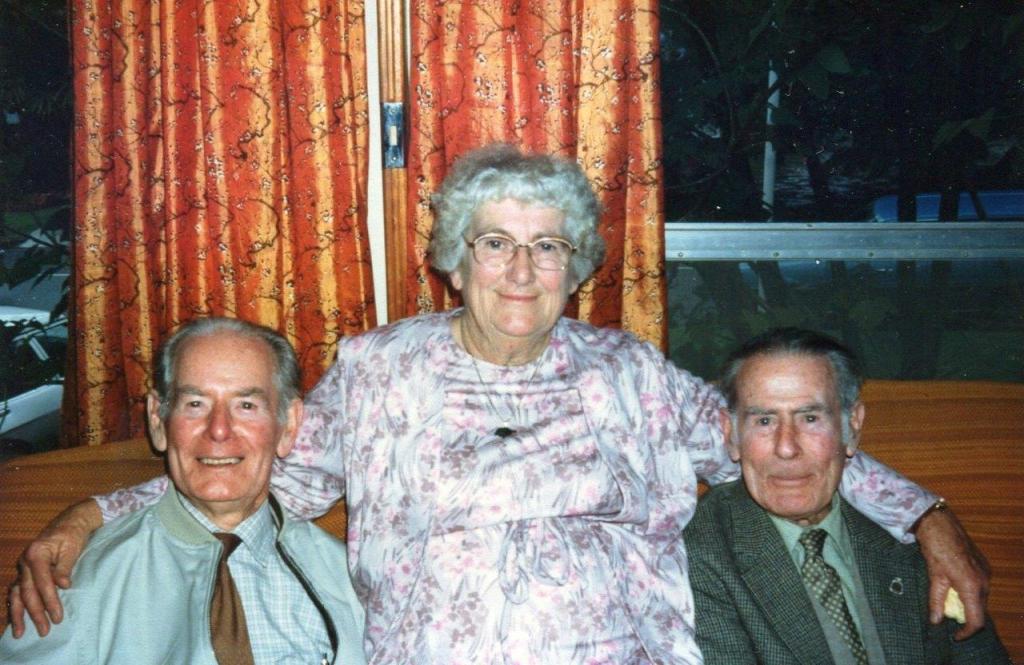


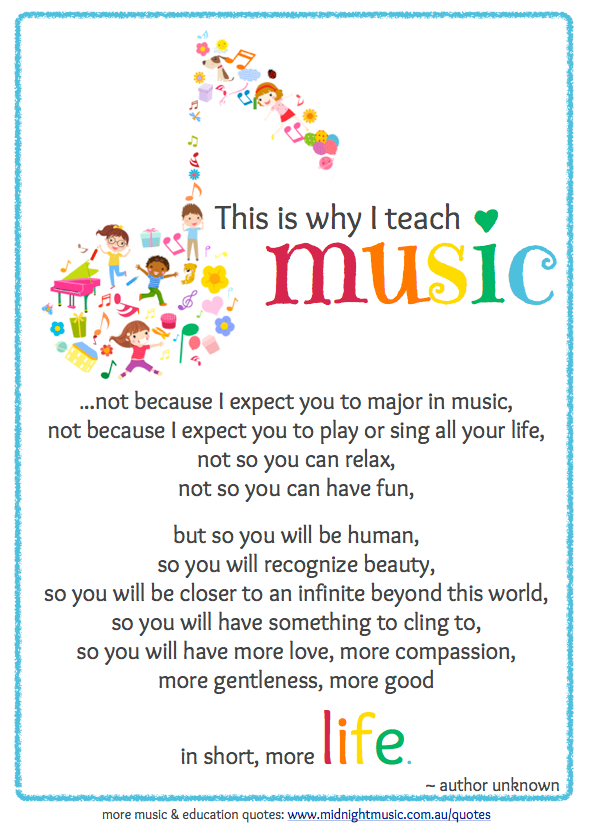
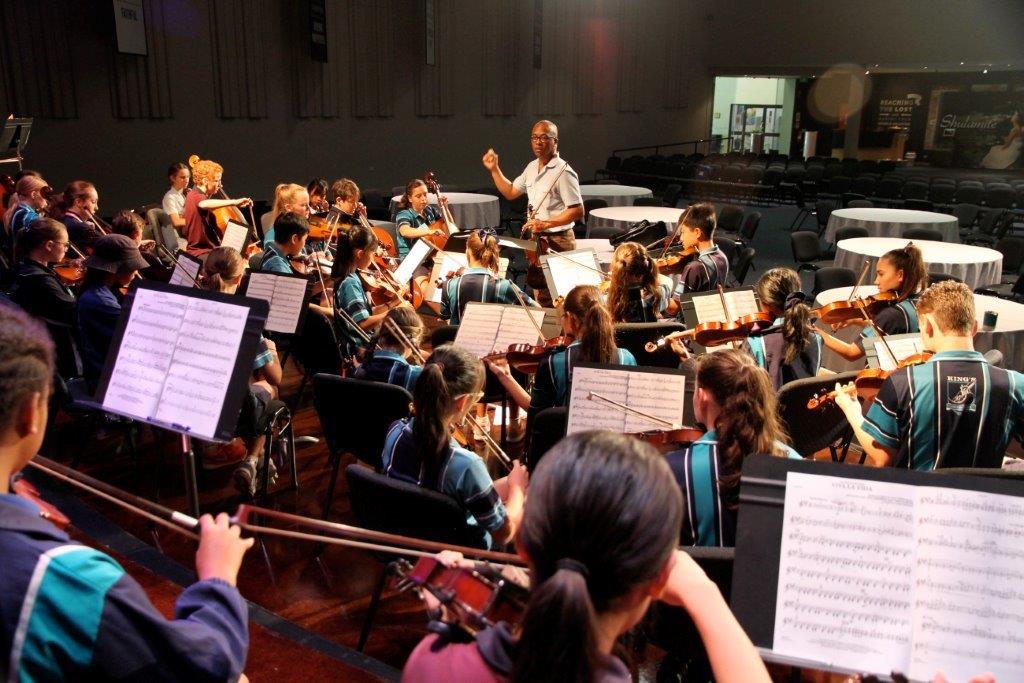
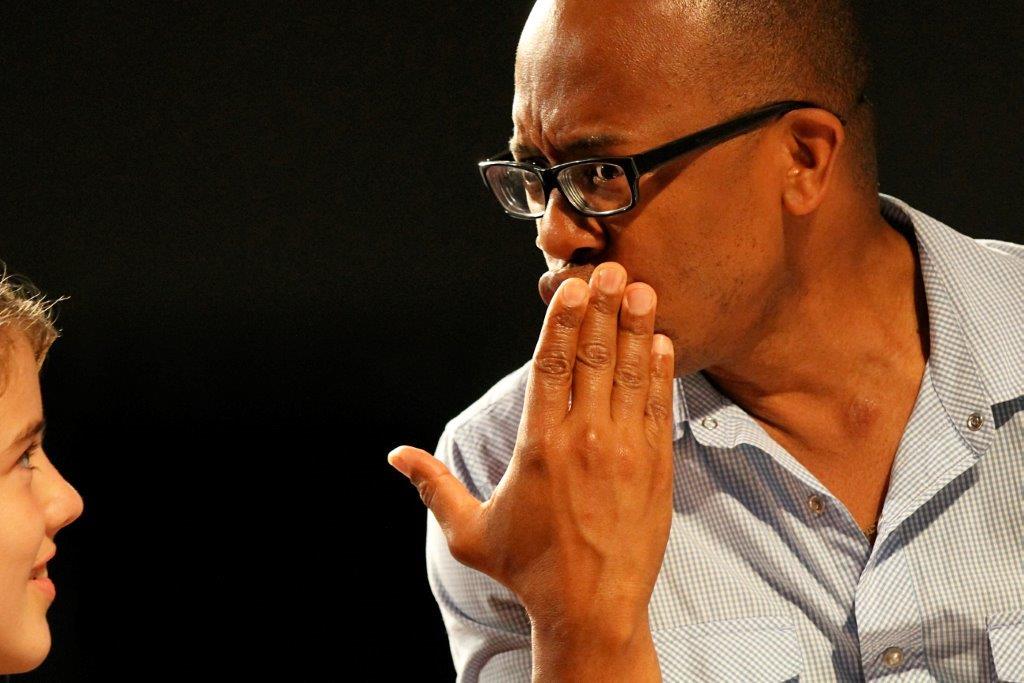
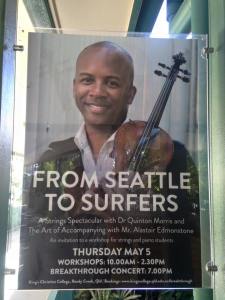
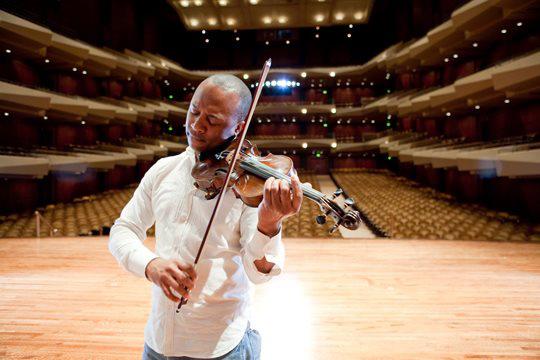


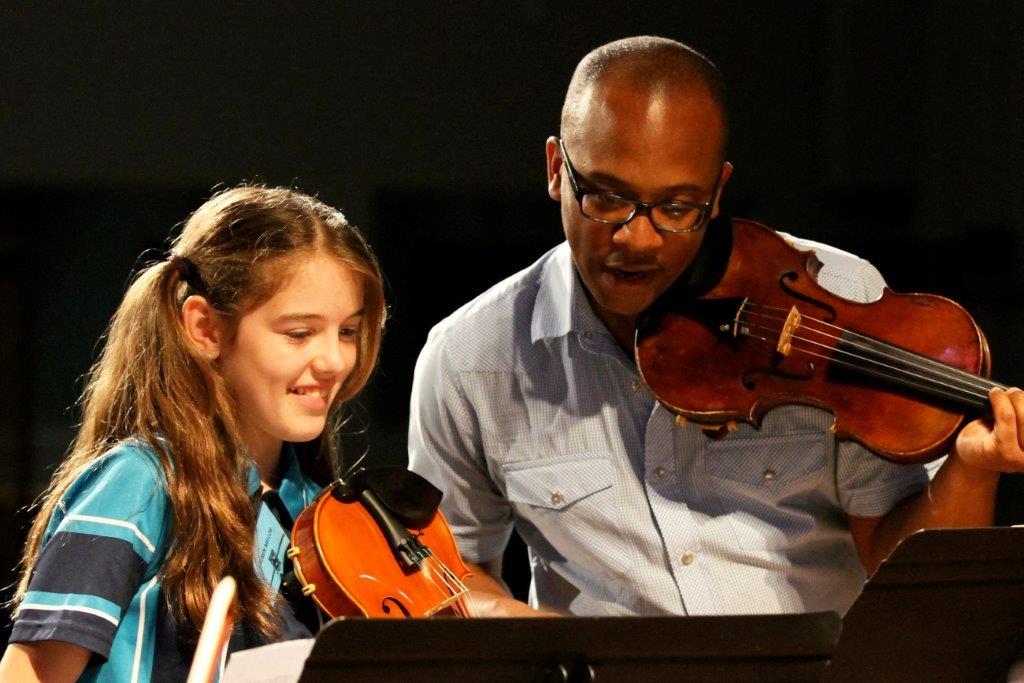


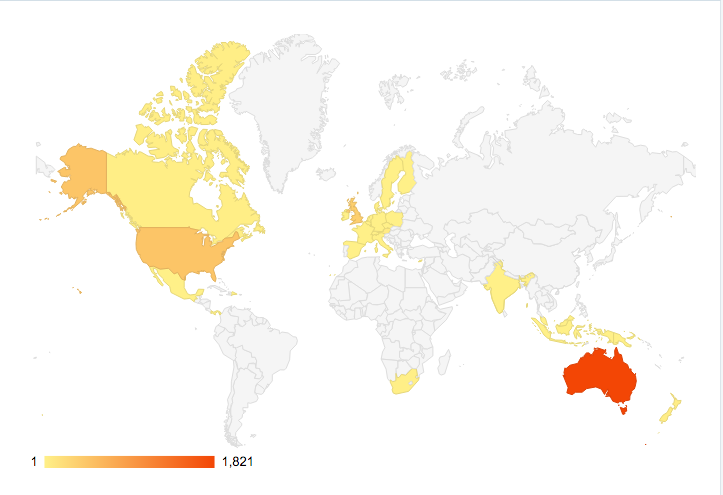
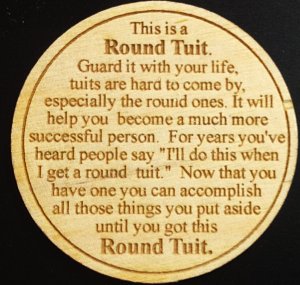
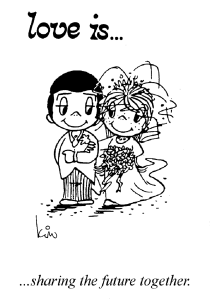 “So, how did you get yourself into this in the first place?”
“So, how did you get yourself into this in the first place?”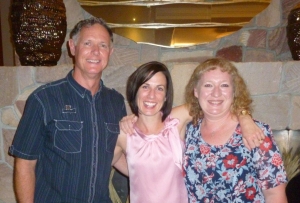
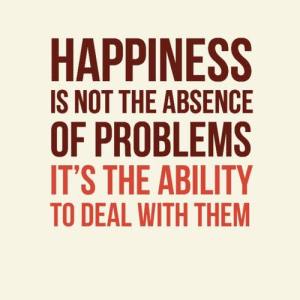
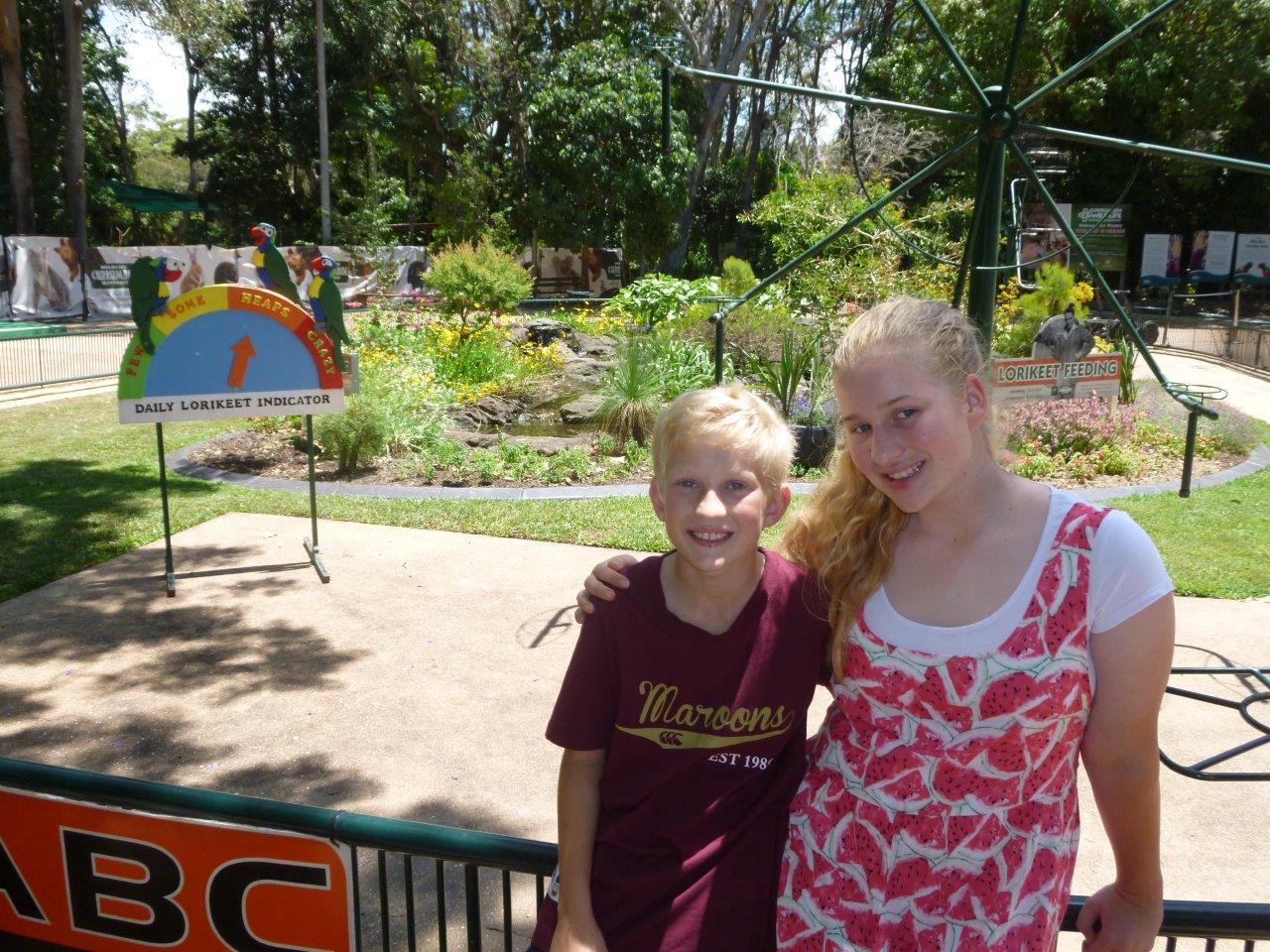
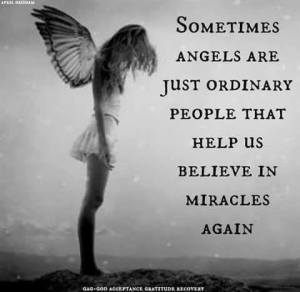

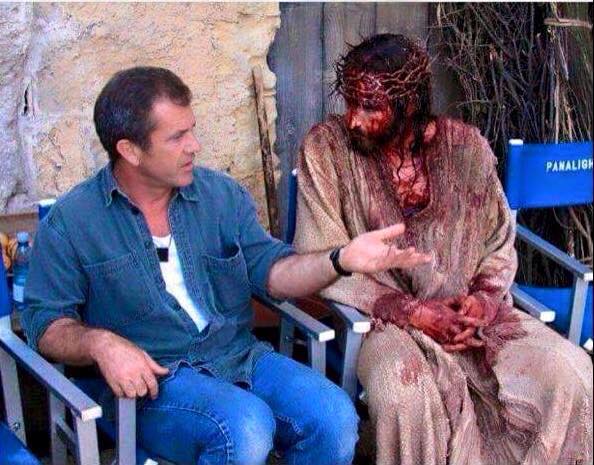




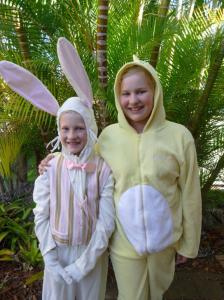 perhaps, be the “bigger person” and open our hearts to each other this Easter time.
perhaps, be the “bigger person” and open our hearts to each other this Easter time.
